As negotiations on a global treaty to curb plastic pollution near their conclusion in South Korea, a group of countries, primarily oil-producing nations, are being accused of obstructing key progress. These "like-minded countries," including Saudi Arabia and Russia, are resisting efforts to set binding global targets for reducing plastic production and phasing out harmful chemicals, with some only willing to focus on plastic waste rather than production.
Environmental and diplomatic leaders from countries such as France, Rwanda, and Fiji have expressed frustration, urging for a robust and ambitious treaty. They warn that the continued resistance from a small group of nations could result in a weak agreement, undermining the treaty's effectiveness.
While many nations support targets for production cuts and restrictions on harmful chemicals, the negotiations are at risk of collapsing or needing an extension. Some delegates, such as Mexico's Camila Zepeda, are hopeful for a consensus, despite the impasse. Others, including Germany's Sebastian Unger, emphasize the importance of keeping as many countries on board as possible to ensure the treaty's global impact.
With over 100 countries backing ambitious targets, the situation remains tense, with some calling for a vote if negotiations stall. The deadline for reaching a deal is fast approaching, with the venue rented only until Monday morning, leaving little time for resolution.



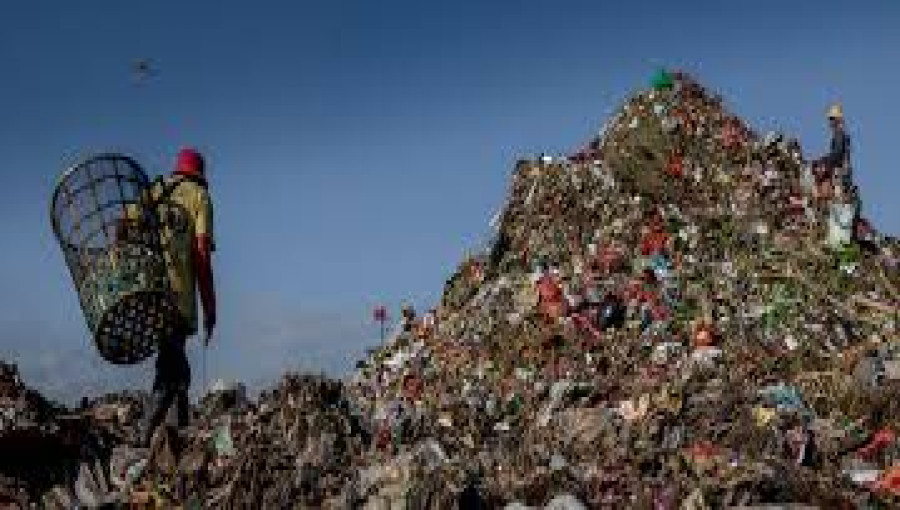

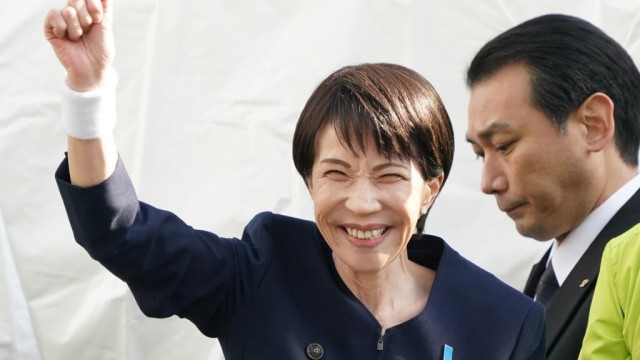


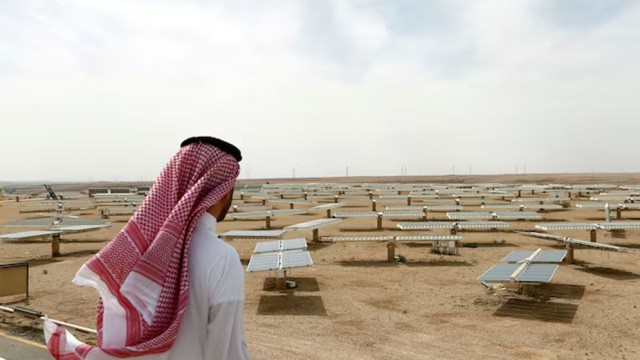

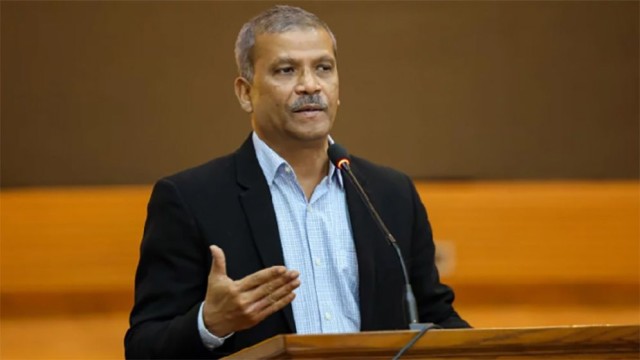

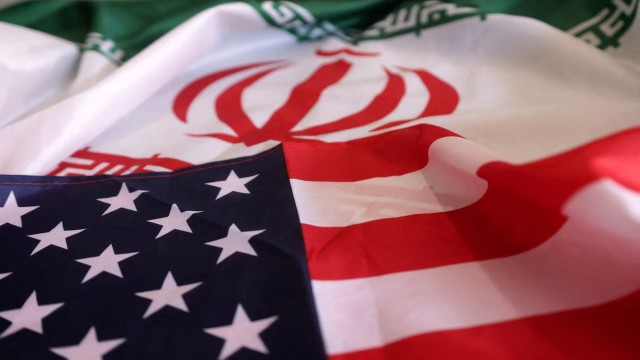


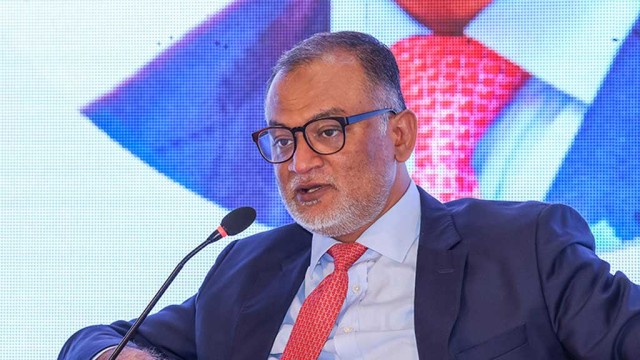












Comment: